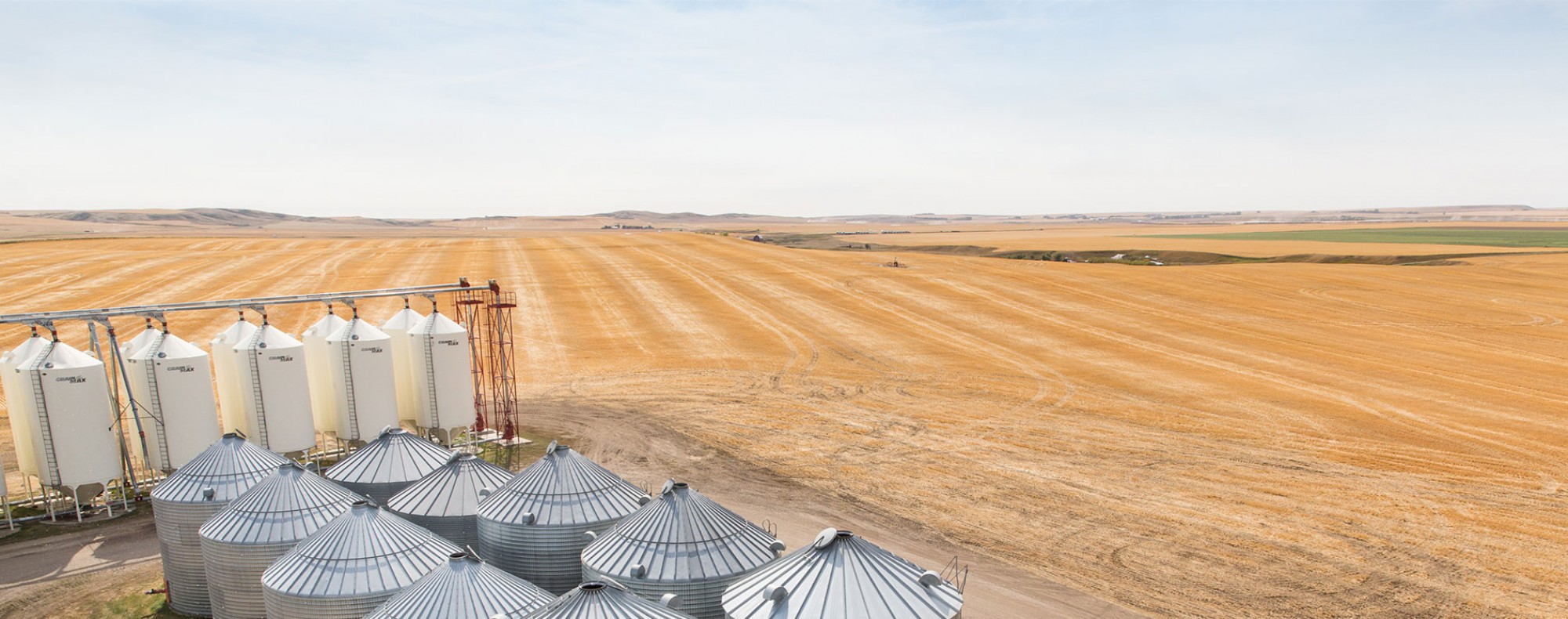Assessment of pathogen variation for scald, net blotch, stripe rust and common root rot/spot blotch pathogens in response to geographic location, host genotype, host growth stage and specific host issues
This Barley Research Cluster project was funded by Alberta Barley in collaboration with the Atlantic Grains Council, the Brewing and Malting Barley Research Institute, Rahr Malting and the Western Grains Research Foundation via the AgriInnovation Program.
Project
lead:
Dr. T. Kelly Turkington, Research Scientist
Agriculture and Agri-Food Canada
Start Date: April 2013
End Date: March 2018
Alberta
Barley’s contribution: $63,052
Total funding from other
partners: $229,287
Benefits
for barley farmers:
It is
critical to have ongoing, up-to-date knowledge regarding the causal agents of
the main disease issues that farmers face. This information is important for
farmers because it will allow them to avoid cultivars with sources of
resistance that are no longer effective, reducing the negative impact of
disease on yield and quality.
Summary:
Modern agriculture’s reliance on uniform cultivars, monocultures and rotations
with limited diversity hinders efforts to manage pest issues, such as diseases.
The lack of genetic diversity in modern cultivars is also frequently reflected
in the narrowness of the genetic basis of their disease resistance, and
increases the potential for pathogens to adapt, overcome the resistance and
cause widespread epidemics. Trials were conducted in 2013 to assess the
variability and nature of the pathogens that cause scald, net blotch and stripe
rust in barley. Evaluation of scald reactions for older and previously
resistant varieties indicates that the scald pathogen has adapted to the
resistance in these varieties.
